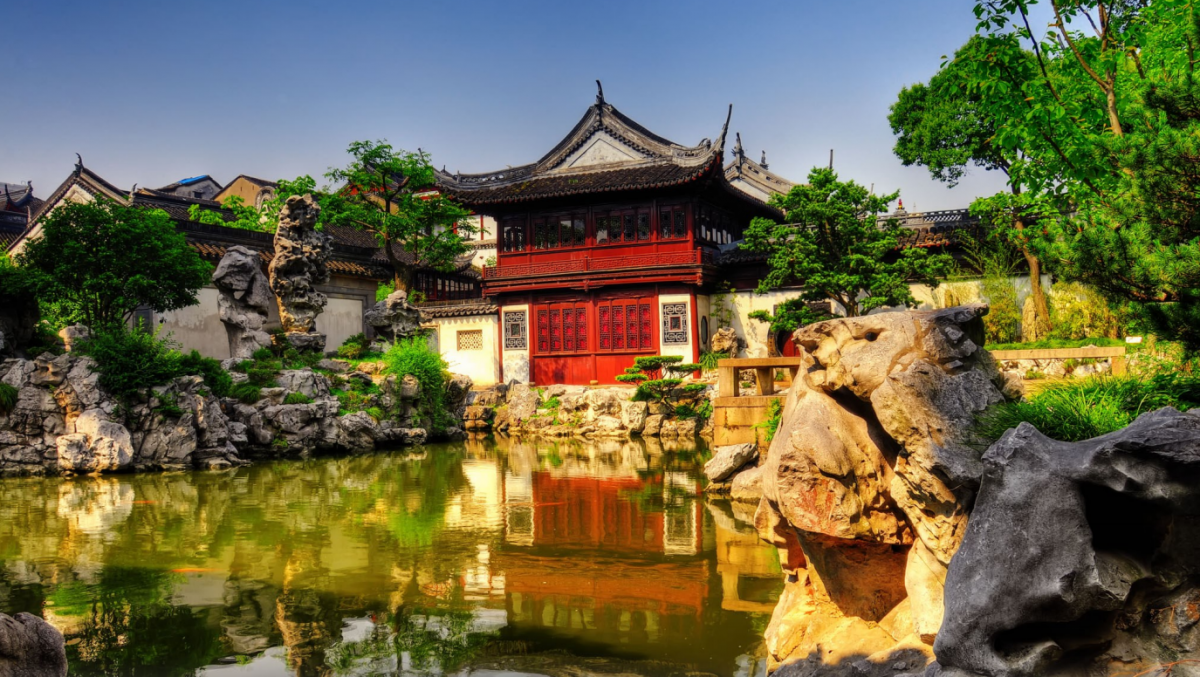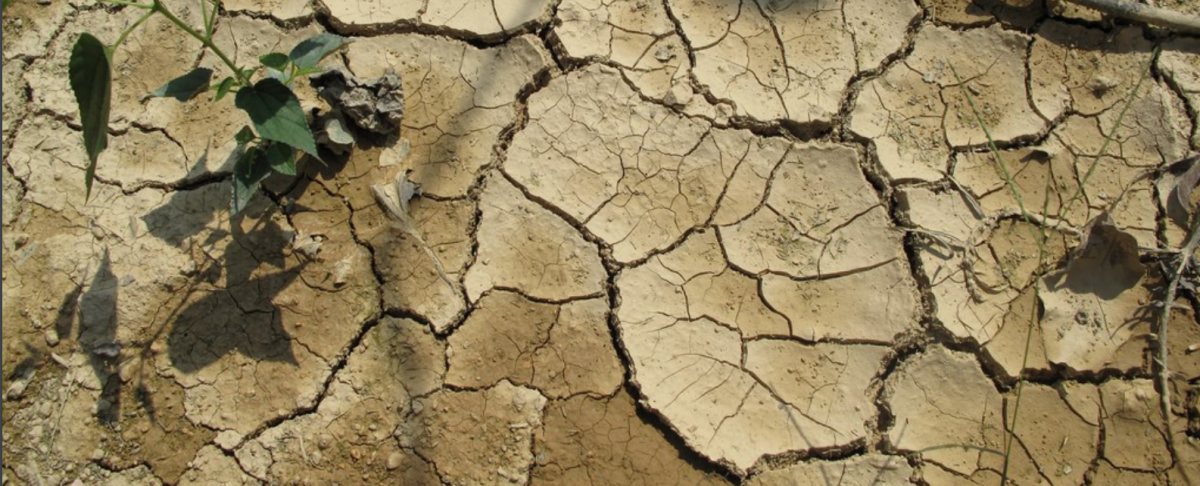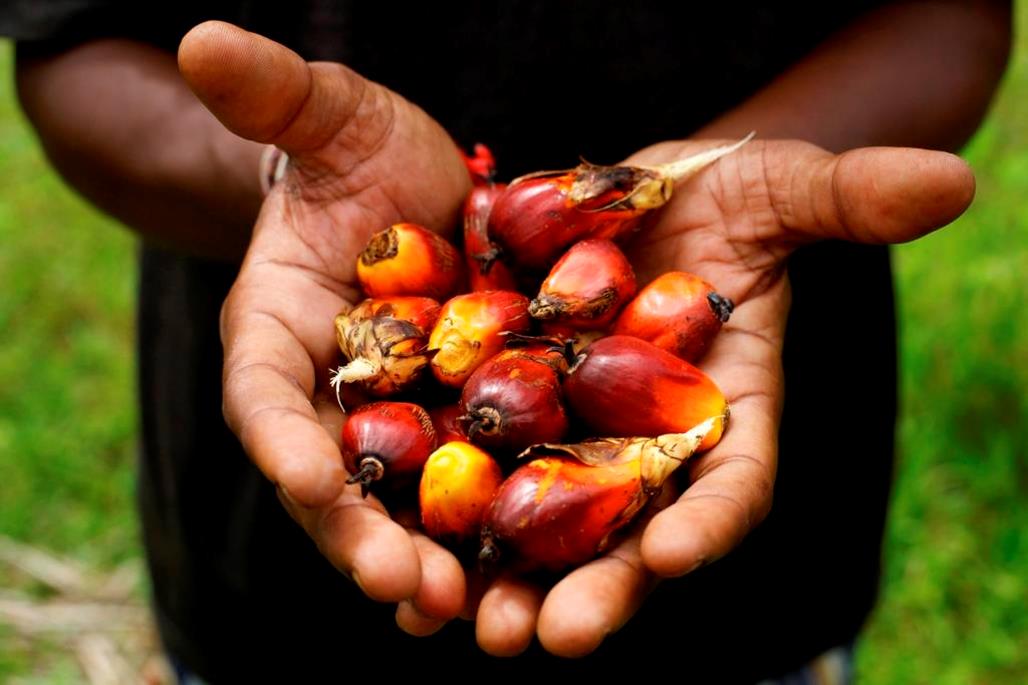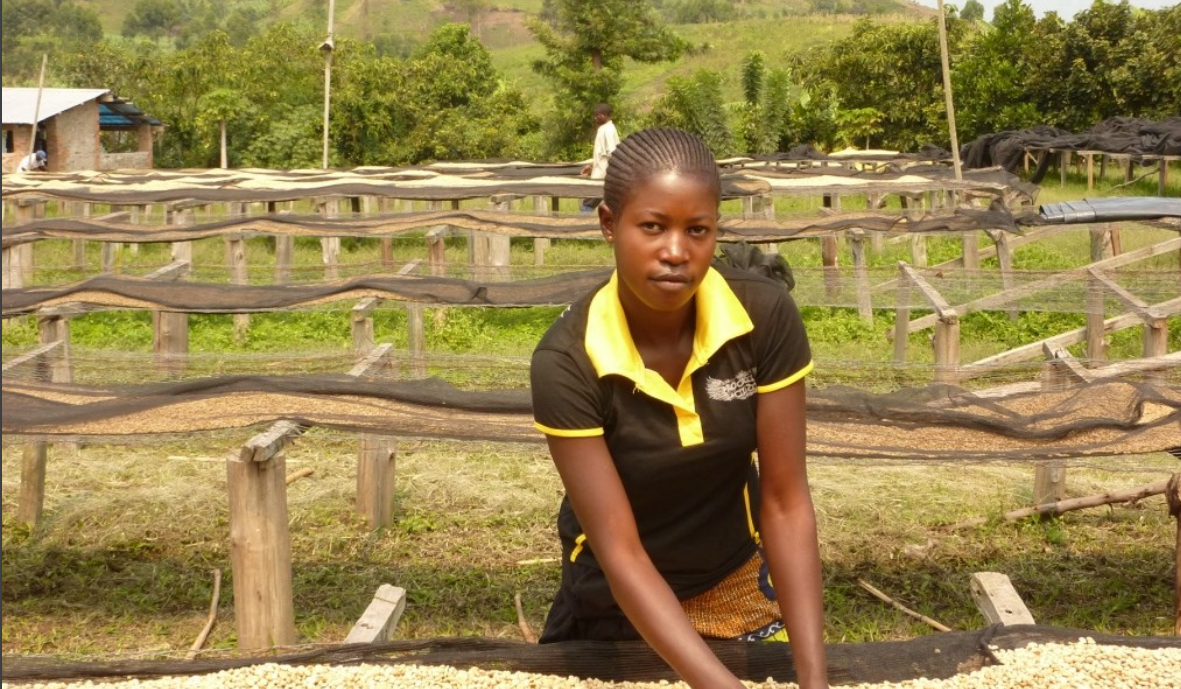The thorny Tara tree is weathered by the climate of the Peruvian high plateaus. Even before the Inca times its seeds were already used for dying fabrics, tanning leather or making medicines. Over the last few years this tree has become part of an impressive boom thanks to the growing demand for natural ingredients and raw materials in the processing industry. For some farmers’ organisations in Peru that boom is a boon.











